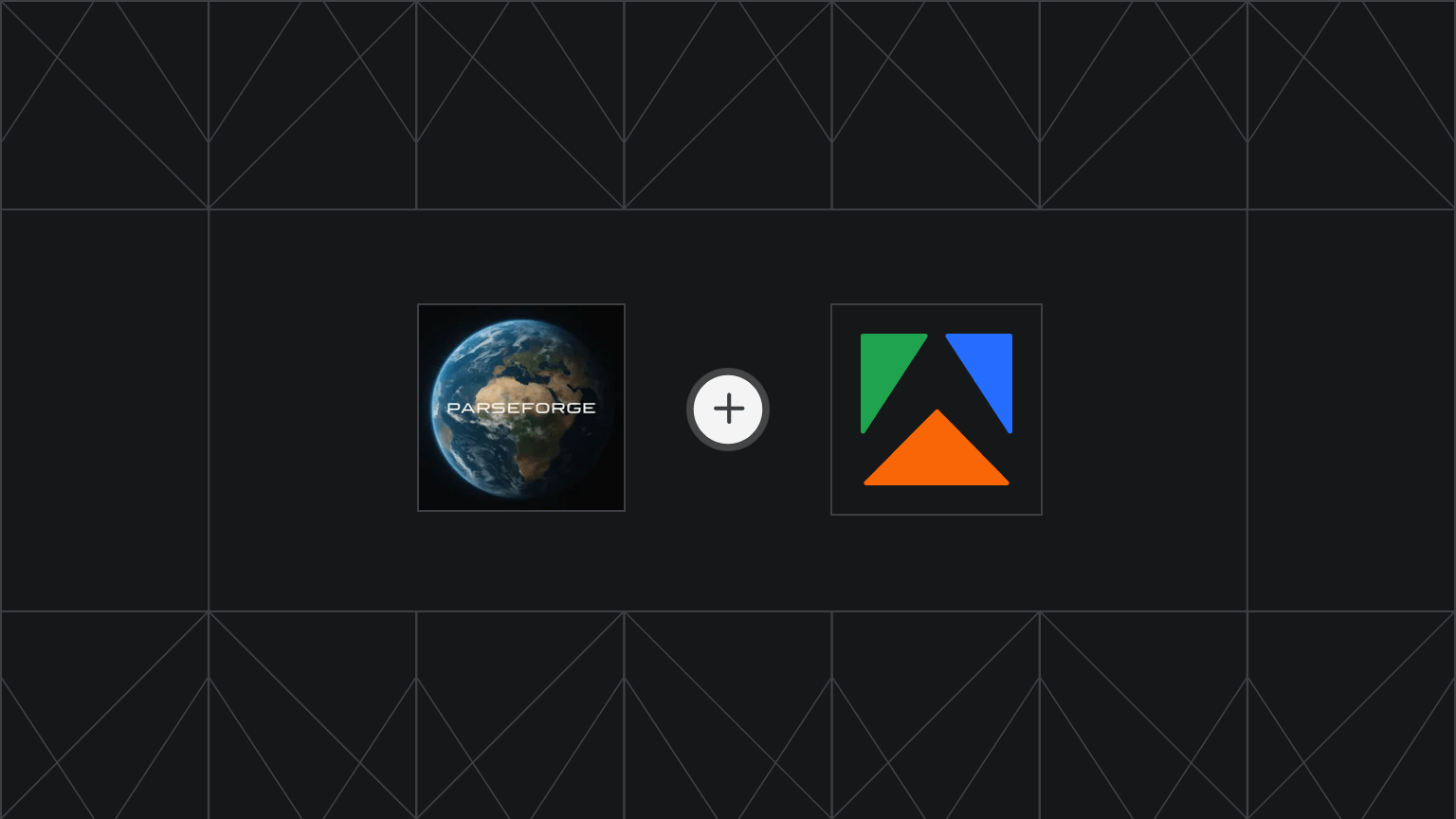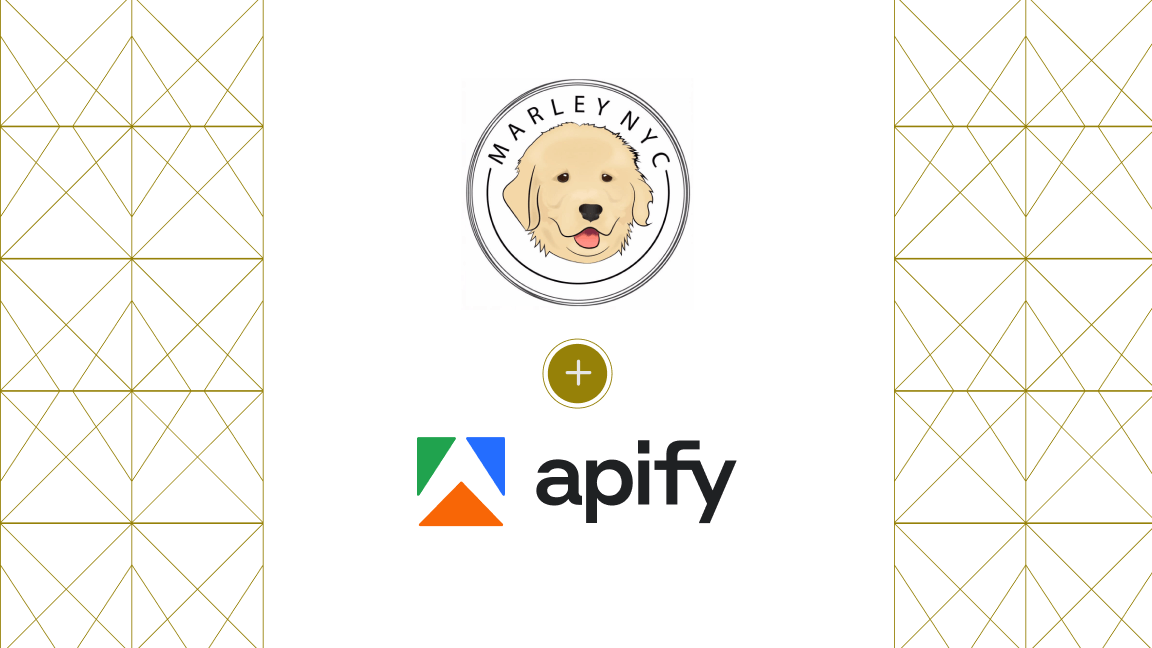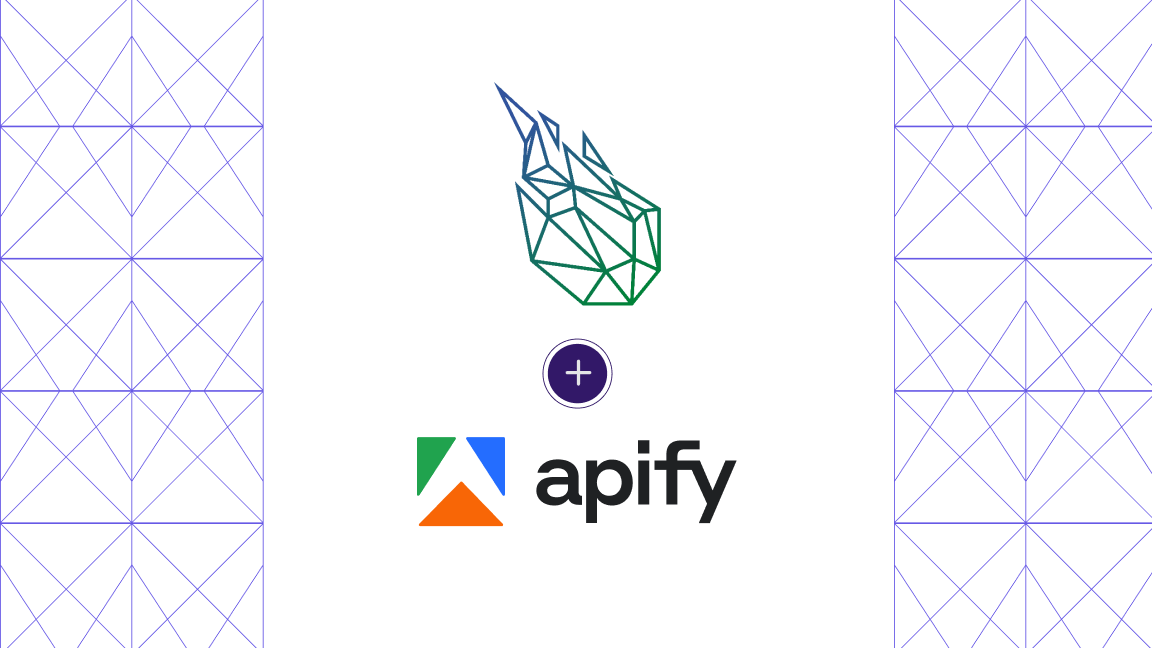The data behind your DoorDash delivery
Jordan Nemrow, Co-Founder & CTO at Woflow, built the data infrastructure powering food delivery platforms like DoorDash, Uber, point of sale, and other marketplaces. If you've ordered food recently, you've likely interacted with his company's data - you just didn't know it.
Woflow Engine provides real-time data rails powering modern commerce platforms - an AI-powered workflow automation platform that creates and maintains complex structured merchant data at scale. When your order flows from the restaurant's system to your delivery app, Woflow's Apify-powered crawlers are working behind the scenes, syncing POS, inventory, and menu data in real-time.
Five years ago, Jordan migrated Woflow's entire web crawling operation to Apify. The result? They scaled from a handful of platforms to hundreds.
Check out our video with Jordan from Woflow
Managing thousands of concurrent crawlers became "a huge pain"
Five years ago, Woflow hit a wall with its web crawling infrastructure - a critical bottleneck for providing the real-time merchant data that powers seamless commerce experiences.
Their crawlers ran on an outdated Ruby framework. "When you're scaling out thousands of concurrent web crawlers, that becomes a huge pain," Jordan recalls. Managing infrastructure, scaling up, and scaling down was costly and time-consuming.
Building custom web crawlers for each new commerce platform "would take us a few days per site." The team spent significant time and resources monitoring and overseeing infrastructure instead of building features.
They needed a change. As Jordan explains, they "didn't want to manage our own infrastructure" anymore.
From days to hours: how Apify eliminated infrastructure overhead
Woflow migrated their entire web crawling platform to Apify.
We just eliminated that entirely from our day-to-day tasks.
-- Jordan Nemrow, Co-Founder & CTO at Woflow
"When we made the switch to Apify, we saw a huge change in just time spent monitoring and overseeing the infrastructure itself," Jordan says.
Woflow writes all its data acquisition code using Apify's SDKs, while Apify runs and hosts the crawling infrastructure. "Anytime we're going out and interacting with other data pieces on the web, we are using Apify to do so," Jordan explains. This freed Woflow to focus on their AI-powered workflow automation and intelligent quality assurance systems, while Apify handled the complex data extraction at scale.
Platform onboarding went from a few days per site to hours.
Right now we have hundreds and hundreds of platforms that we support because of Apify.
-- Jordan Nemrow, Co-Founder & CTO at Woflow
The results: 5 years of partnership, zero regrets
After five years with Apify, the numbers tell the story:
- Platform onboarding time: Days → hours
- Platforms supported: Hundreds (vs. a handful previously)
- Infrastructure management overhead: Eliminated entirely
- Concurrent crawlers: Thousands running
- Merchant interactions: 100,000s processed monthly
Apify's reliability lets Woflow focus on its core mission: providing AI-ready, real-time merchant data that powers exceptional commerce experiences across modern platforms.
"I've never heard anyone go back."
I've recommended Apify to numerous founders when I hear that they're doing any sort of web crawling. Every single one has adopted it. I've never heard anyone go back.
-- Jordan Nemrow, Co-Founder & CTO at Woflow
Ready to eliminate infrastructure overhead?
- Start building with ready-to-use templates to get a head start on your custom Actors
- Browse 7,000+ ready-made tools on Apify Store
- Talk to our team about a custom enterprise solution






